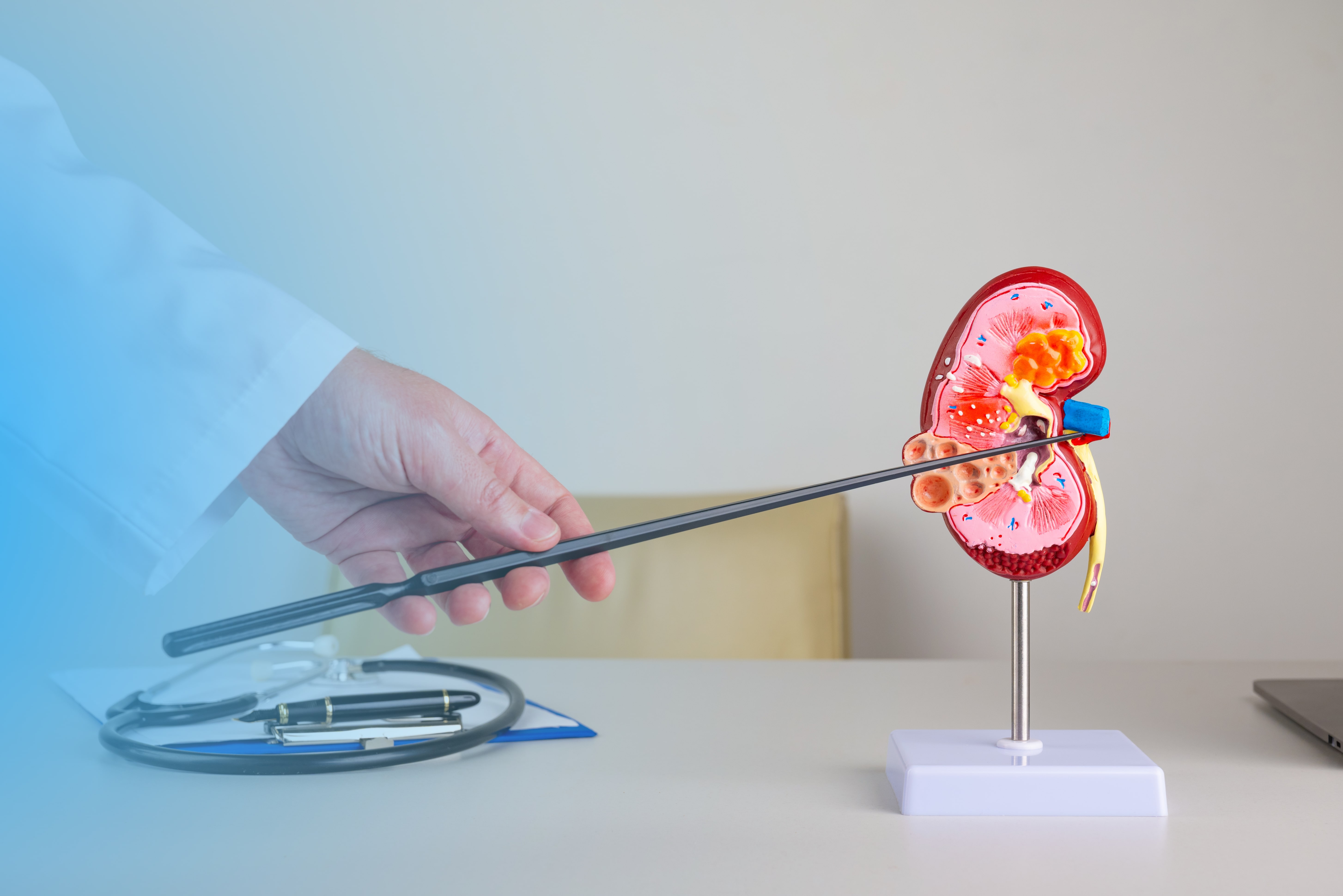
Urinary Stones or Kidney stones are hard deposits that are made up of salts and minerals that formulate inside your kidneys. Urinary stones can affect any part of the urinary tract from your kidneys to your bladder. If these stones are not recognized timely, they may cause permanent damage to the kidneys. If these stones become logged in the urinary tract, they may cause urinary infections and create complications in the long run. In severe cases, surgery may be required to treat the patient.
There are several types of kidney stones that will help you determine its underlying cause and might help you give a clue on how on reduce the risks of getting more kidney stones. Here are four basic types of kidney stone that include:
These stones are in the form of calcium oxalate which is caused by the use of certain foods which are rich in oxalate content such as chocolates, certain vegetables, and nuts.
These stones are formed due presence of infection present in the urinary tract. With the passage of time these stones become large and rapidly grow with little warning signs.
These stones are formed in those patients who have become dehydrated due to loss of too much water due to malabsorption or chronic diherrhea, those who eat high protein diets or those with metabolic syndrome and diabetes. Genetic factors may also increase the risk of this type of kidney stones.
These type of stones are formed due to some kind of hereditary disorder called cystinuria which causes your kidneys to excrete too much of amino acid.
Causes
There is no definite single cause to kidney stones; however there are several reasons that cause this condition. Kidney stones are formed when your urine starts making more crystal-forming substances such as calcium, uric acid and oxalate. Due to these substances, your urine can’t get diluted and forms kidney stones.
The most common causes include drinking too little water, dehydration, obesity, digestive disease and surgery, exercising too much, certain supplements, eating food which contains too much salt or sugar or other medical conditions. If you have family history, you may have the tendency to develop urinary stones. Concentrated urine and few infections may lead to the development in kidney stones in people.
There are also several foods that may cause kidney stones. These foods may include spinach, nuts, tea, beets and chocolate. Such foods are rich in oxalates that may contribute to kidney stones.
Symptoms
Generally a kidney stone do not cause visible symptoms until it moves around within your kidney and passes into your uterus through the tubes that connect your kidneys and the bladder. If these stones are accumulated in the uterus, they may block the flow of urine and cause the kidney to swell. This swelling creates a spasm to the uterus which is very painful. Pain caused due to kidney stones may change, shift to different locations or may increase in intensity. When this condition occurs, the patients may feel these signs and symptoms that include:
Other signs may include:
When to see a doctor?
You need to see your doctor if you experience any of the above mentioned signs. You are suggested to seek medical help if you experience:
Diagnosis
If your doctor suspects that you have a kidney stone, he may suggest few diagnostic tests and procedures to confirm the diagnosis. Few of the tests your doctor may suggest include:
Treatment
Treatments of kidney stones vary depending on the type of stones and the cause. Here are few successful treatments of kidney stones that include:
Medications
There are few medications which may control the amount of minerals and salts in your urine and may help to improve your conditions if you have kidney stones. Your doctor may prescribe such medications looking on type of kidney stone you have. These medications may include:
Prevention
There are few very healthy lifestyle changes if made can reduce the risk of kidney stones which may include:
Wellcare Medical Centre provides the best treatments for urinary stone
Wellcare Medical Center is one of the finest healthcare facilities in Abu Dhabi UAE which offers the best treatments for urinary stones. This hospital has the state-of-the-art urology department with latest tools and technology to diagnose and treat urinary stones effectively. This healthcare facility has been specially designed to cater diversified healthcare needs of patients with wide range of kidney-related conditions at cost effective rates. Our committed team of highly qualified nephrologists and urologists strives to provide you excellent healthcare services that you deserve for the treatment of kidney stones. So come with confidence and get the best treatment now.